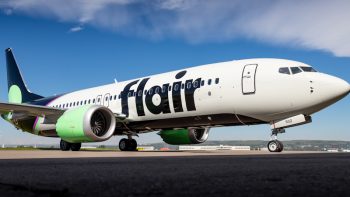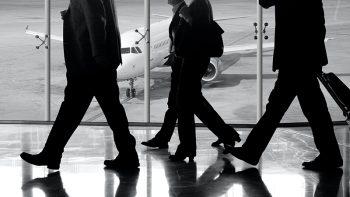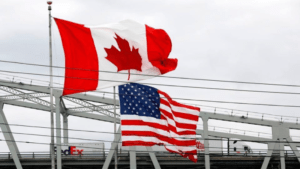
Peter Cerda, IATA’S Regional Vice President, The Americas, said in a presentation that Canadian airlines “face an extremely high-cost burden for air infrastructure resulting in high ticket prices, leading many Canadians to cross the U.S. border to take flights.”
He also noted that the federal government charges rent to Canada’s airports, “money which is not directly reinvested into the aviation value chain.” Passengers are charged airport improvement fees through their tickets, thus funding improvements in airport infrastructure.
“For example, passengers flying a round-trip between Calgary and Toronto paid $100 (C$140) in additional expenses on their tickets,” he said. “This is simply unacceptable.”
Cerda also tackled the issue of consumer protection in both Canada and the U.S.
“Unfortunately, we continue to see legislation being proposed in many countries for the protection of the consumer which will only drive-up costs and not necessarily help the actual traveller,” he said. “In Canada, proposed changes to the Air Passenger Protection Regulations would significantly limit the ability of carriers to avoid fines for delays and cancellations that are outside of the airlines’ control. In the U.S. airlines will be forced to provide automatic refunds for delays or cancellations, irrespective of the cause of the disruption.”
IATA estimates global airline revenue will reach nearly $1 trillion (all figures USD) in 2024, a record high. This year, there will be 4.96 billion travellers on airplanes, and total expenses for carriers will reach $936 billion, another record high.
Associated Press reports industry profits also are expected to be nearly $60 billion this year.
Emirates President Tim Clark said airline profit margins are pretty much in the single-digit range.
“It is quite amazing that ticket prices are where they are today,” he said. “I think the value-for-money proposition that the consumers have had the benefit from for many decades is something that is one of those hidden bits of the narrative.”






